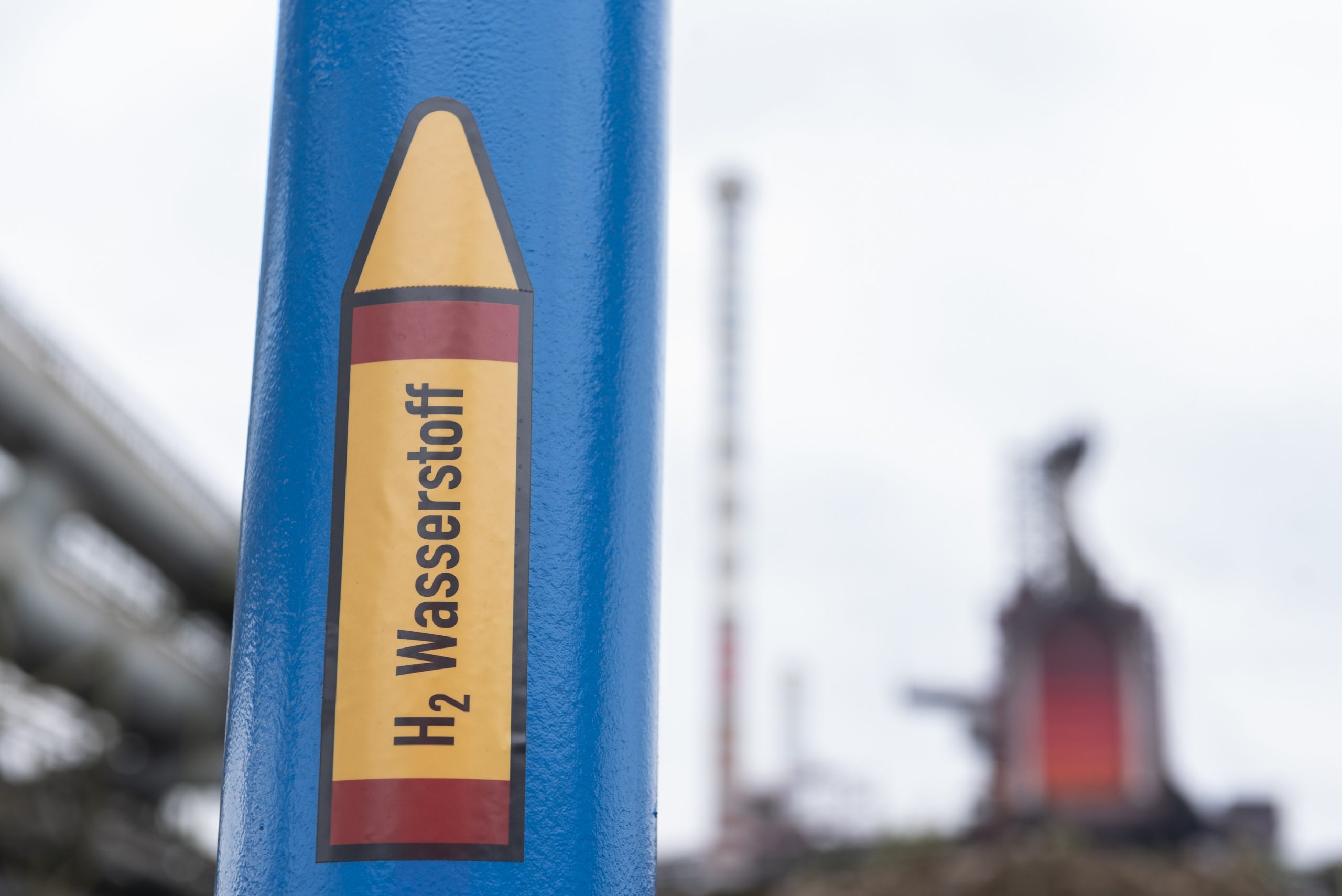

- Nieuws
-
Uitgelicht
-
Uitgelicht
- Recent
-
- Magazine
-
Uitgelicht
-
Uitgelicht
- Recent
-
- Kiosk
- Columns
- Bedrijveninfo
- Adverteren
Selecteer Pagina

Het Havenbedrijf Rotterdam wil met de Duitse staalproducenten thyssenkrup Steel en HKM waterstof naar Rotterdam importeren. Ook wordt onderzocht of een waterstofpijpleiding van Rotterdam naar Duisburg kan worden aangelegd.
Thyssenkrupp Steel en HKM – een dochteronderneming van thyssenkrupp Steel – importeren al tientallen jaren kolen naar Rotterdam. Van daaruit worden die in duwbakken naar de hoogovens in Duisburg getransporteerd. De staalproducenten zeggen de komende jaren steeds meer waterstof nodig te hebben, om uiteindelijk tot klimaatneutrale productie te komen.
Daarom hebben thyssenkrupp Steel en HKM met het Havenbedrijf Rotterdam afgesproken om gezamenlijk waterstof naar Rotterdam te transporteren. Ook onderzoeken zij de mogelijkheid om een waterstofpijpleiding van Rotterdam naar de hoogovens in Duisburg aan te leggen. De samenwerking kan volgens het havenbedrijf fungeren als ‘kader’ voor andere initiatieven. Ook kunnen hiermee bestaande projecten worden ondersteund.
De energietransitie heeft vooral behoefte aan extra pijpleidingen, stellen de drie partijen. Een toenemende vraag naar waterstof uit de staalindustrie kan een stimulans zijn deze infrastructuur aan te leggen.
Zie ook: Plannen voor Europees waterstofnetwerk
The Port of Rotterdam Authority wants to import hydrogen into Rotterdam together with the German steel producers thyssenkrup Steel and HKM. The possibility of building a hydrogen pipeline from Rotterdam to Duisburg is also being investigated.
Thyssenkrupp Steel and HKM – a subsidiary of thyssenkrupp Steel – have been importing coal into Rotterdam for decades. From there, it is transported in barges to the blast furnaces in Duisburg. The steel producers say they will need more and more hydrogen in the coming years to eventually achieve climate-neutral production.
That is why thyssenkrupp Steel and HKM have agreed with the Port of Rotterdam Authority to jointly transport hydrogen to Rotterdam. They are also investigating the possibility of laying a hydrogen pipeline from Rotterdam to the blast furnaces in Duisburg. According to the Port Authority, the collaboration can serve as a ‘framework’ for other initiatives. It can also support existing projects.
The energy transition mainly requires additional pipelines, according to the three parties. An increasing demand for hydrogen from the steel industry could stimulate the construction of this infrastructure.